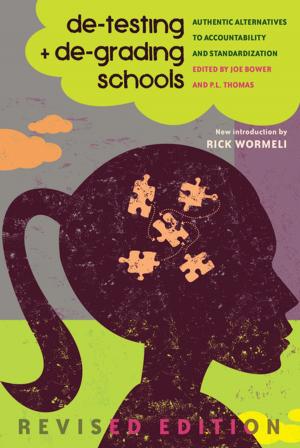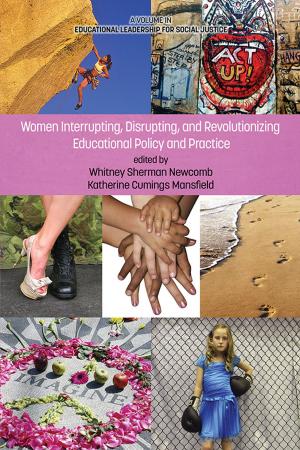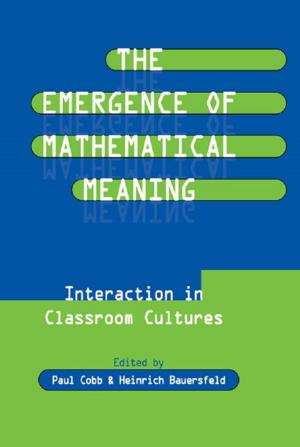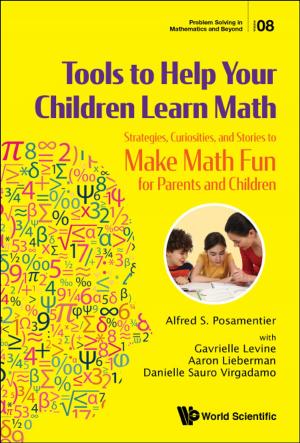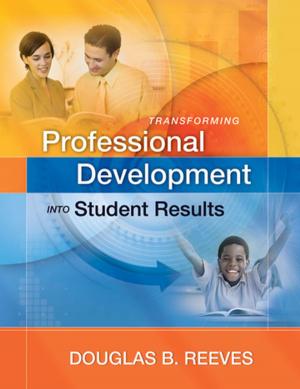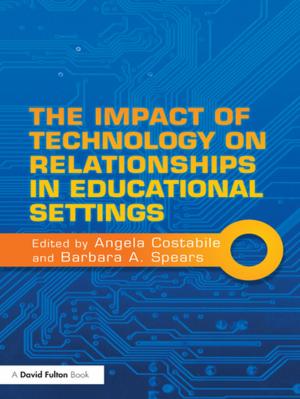Talent Education and Your Child
Nonfiction, Entertainment, Music, Reference, General Reference, Reference & Language, Education & Teaching, Teaching, Teaching Methods| Author: | Phillip L Scheldt | ISBN: | 9781452494494 |
| Publisher: | Phillip L Scheldt | Publication: | June 3, 2010 |
| Imprint: | Smashwords Edition | Language: | English |
| Author: | Phillip L Scheldt |
| ISBN: | 9781452494494 |
| Publisher: | Phillip L Scheldt |
| Publication: | June 3, 2010 |
| Imprint: | Smashwords Edition |
| Language: | English |
Your Child and You in Talent Education is a brief history of Talent Education. The "method" has swept throughout the world and was built upon the idea that ALL children can learn. The method was first called "Listen and Play".
When we consider how difficult it is for adults to master a foreign language, we must admit that the ability among children must be very high. Talent in general is thought to be an endowment or a particular faculty or gift.
It is important to expose children to music, and the sensitivity will be absorbed naturally. The human profile is made up of many things, all working together at various times in an individual's life. Environment at home, education from kindergarten through college, friends and relatives, religious, social, and economic standing make up the human profile. What one does today decides the profile of tomorrow.
We understand that without experience, no knowledge can be acquired, and without using this knowledge often, ability will not be developed. We must never forget that only through the use of good materials and good teaching can good ability be developed. There is a certain limit in the teaching ability of a teacher. It is rather difficult for a small child to sit still for a long time listening. Training a child to do this is quite important, because it enables him to develop a sense of concentration ¬and also to appreciate and pay respect to others
Shinichi Suzuki encouraged children and their parents to listen to the recordings of what many consider to be the most famous artists performing some of the greatest musical literature to be written.
Young children often struggle with the seemingly simple task of listening and this can often become exhausting for any adult.. Parents and teachers can improve their students' overall listening skills by engaging them in purposeful listening activities which give students the opportunity to hone their listening skills and encourage them to practice the complicated task of remaining focused.
Children need to listen when directed. They can and will listen if expectations are clear and shared in a way they can understand.
Your Child and You in Talent Education is a brief history of Talent Education. The "method" has swept throughout the world and was built upon the idea that ALL children can learn. The method was first called "Listen and Play".
When we consider how difficult it is for adults to master a foreign language, we must admit that the ability among children must be very high. Talent in general is thought to be an endowment or a particular faculty or gift.
It is important to expose children to music, and the sensitivity will be absorbed naturally. The human profile is made up of many things, all working together at various times in an individual's life. Environment at home, education from kindergarten through college, friends and relatives, religious, social, and economic standing make up the human profile. What one does today decides the profile of tomorrow.
We understand that without experience, no knowledge can be acquired, and without using this knowledge often, ability will not be developed. We must never forget that only through the use of good materials and good teaching can good ability be developed. There is a certain limit in the teaching ability of a teacher. It is rather difficult for a small child to sit still for a long time listening. Training a child to do this is quite important, because it enables him to develop a sense of concentration ¬and also to appreciate and pay respect to others
Shinichi Suzuki encouraged children and their parents to listen to the recordings of what many consider to be the most famous artists performing some of the greatest musical literature to be written.
Young children often struggle with the seemingly simple task of listening and this can often become exhausting for any adult.. Parents and teachers can improve their students' overall listening skills by engaging them in purposeful listening activities which give students the opportunity to hone their listening skills and encourage them to practice the complicated task of remaining focused.
Children need to listen when directed. They can and will listen if expectations are clear and shared in a way they can understand.

